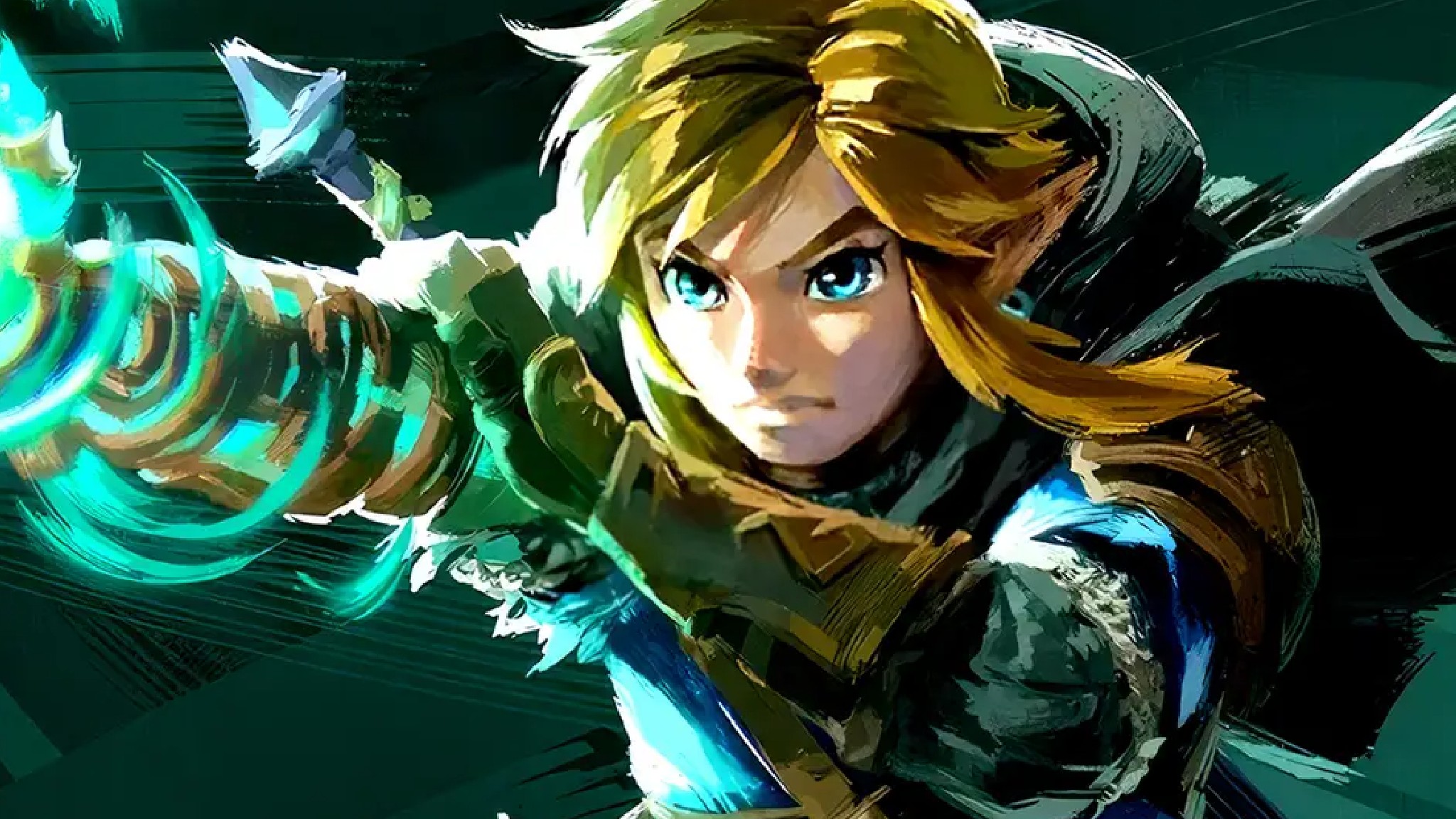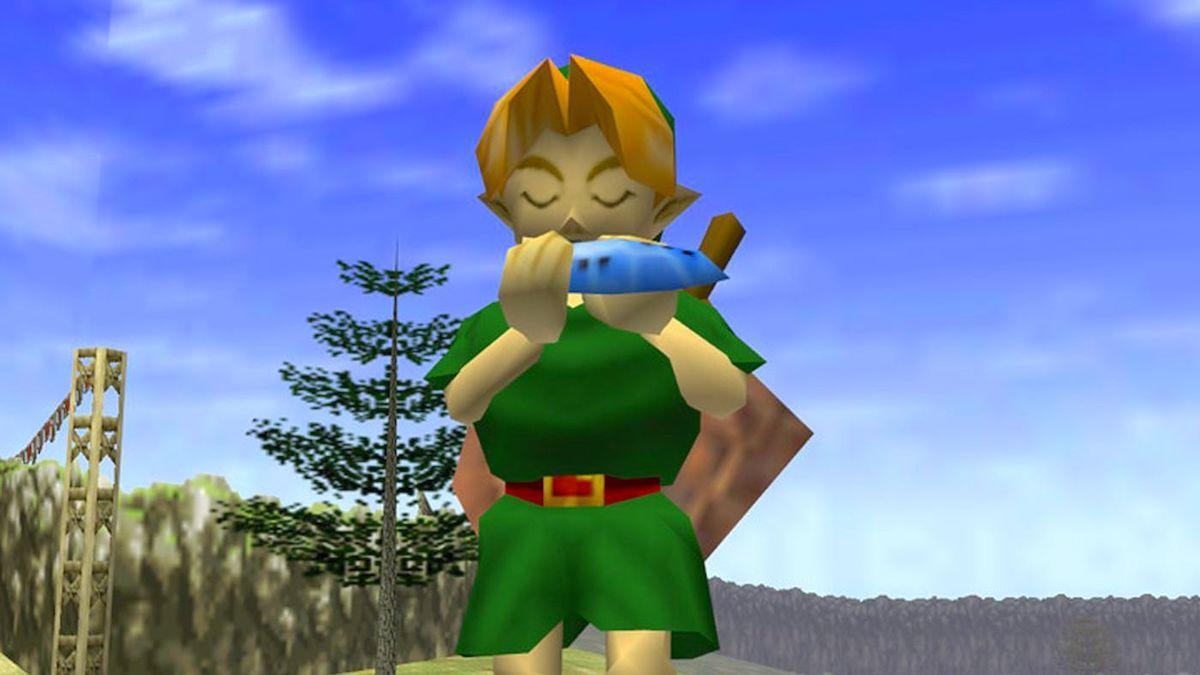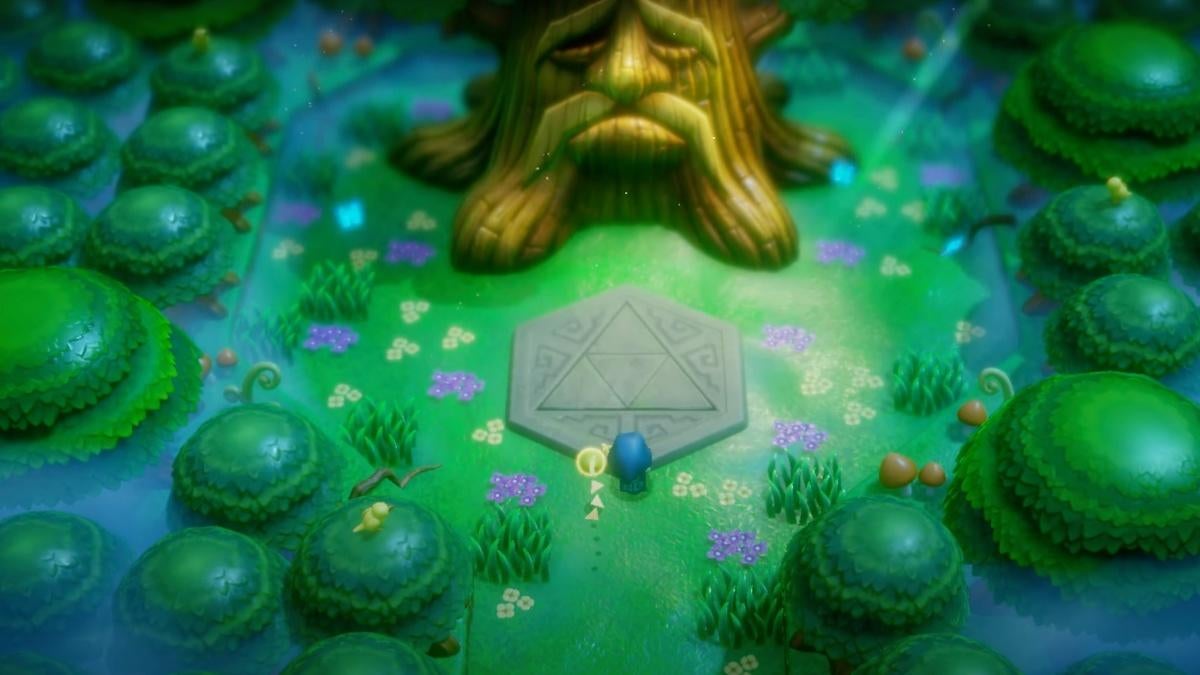
In the past few months, Nintendo has revised the official sequence of events for the Legend of Zelda series, providing a bit more insight regarding “Echoes of Wisdom”. Although the game appears to have been heavily influenced by “A Link to the Past”, its graphical style is reminiscent of the 2019 refresh of “Link’s Awakening”. Nintendo has now confirmed that “Echoes of Wisdom” falls within the same timeline as these two games, but further along in time. While it’s reassuring to have some answers, it also sparks curiosity: is the Zelda timeline truly significant?
The timeline for the Zelda series has been a subject of discussion since the release of “A Link to the Past”. This game essentially served as a re-imagining of the series, introducing a new version of Link and making it unnecessary to have played the first two games to understand the story. Initially, Nintendo maintained that the Super NES game was actually a prequel to the two Zelda games on the NES. The situation became even more convoluted with the arrival of “Ocarina of Time”, which appeared to reboot the series anew. For some time, it seemed as if Zelda was Nintendo’s counterpart to Final Fantasy, with certain games receiving direct sequels and others merely continuing familiar themes. However, due to the high quality of these games, most fans were content with the inconsistencies in the timeline.

2011 marked a shift with the arrival of The Legend of Zelda: Hyrule Historia. This book provided extensive backstory for the series and solidified its official canon, thanks to Nintendo. The timeline it presented sparked interest among fans due to its clear starting point (Skyward Sword) and three distinct branches that stemmed from the time travel aspects in Ocarina of Time. Since then, Nintendo has expanded the timeline with new games, but there’s been some uncertainty regarding Breath of the Wild and Tears of the Kingdom, which exist independently from the rest of the timeline. We’ll have to wait and see whether more Zelda games will follow this pattern or if the continuity of Breath of the Wild was a unique occurrence.
As a dedicated Zelda fan, I’ve found myself deeply intrigued by the game’s timeline. It seems that while Nintendo themselves might not attach as much significance to it as we fans do, they certainly know how to create connections between their games that feel organic and satisfying. They prioritize gameplay above all else, with story coming second, but when they manage to interweave the stories, it’s like striking a rich vein of treasure for those who have invested time in this remarkable series.
For instance, the world map in “Echoes of Wisdom” is a testament to their skill at tying games together, but there are numerous other examples where Nintendo has bridged the gaps between seemingly disparate titles. Take “The Wind Waker” and “Twilight Princess,” for example. While you can enjoy these games independently of any prior knowledge, they also serve as direct sequels to “Ocarina of Time,” albeit in different timeline branches. Having a background in the series adds an extra layer of rewarding depth to these games, making the experience even more enriching.

In simpler terms, exploring connections between different Zelda games can be enjoyable, but it seems Nintendo’s own interpretation of the Zelda timeline is most satisfying. Fans often delve deeply into timeline discussions about Zelda, and these conversations can dominate online forums. However, discovering links between Echoes of Wisdom and A Link to the Past should enhance the experience rather than be the main focus. When I played Echoes of Wisdom, I didn’t immediately notice the map similarities because I was engrossed in new elements like the Echoes system. Some fans might be annoyed that Nintendo addresses timeline questions after the game is released instead of within it, but I prefer the gameplay mechanics to take priority.
It’s important to note that just because fans may be concerned about the continuity of the series doesn’t mean they shouldn’t enjoy it at all. In fact, if keeping the games connected enhances their experience, that’s great! However, it’s essential not to let this focus overshadow the many other outstanding aspects that the developers have crafted throughout the Zelda series.
Generally speaking, Nintendo has consistently delivered high-quality entries in the Zelda franchise. As long as they maintain this level of quality, the timeline’s intricacies should be a secondary consideration – something that can be set aside for both Nintendo and the fanbase alike.
Read More
2025-01-21 23:40